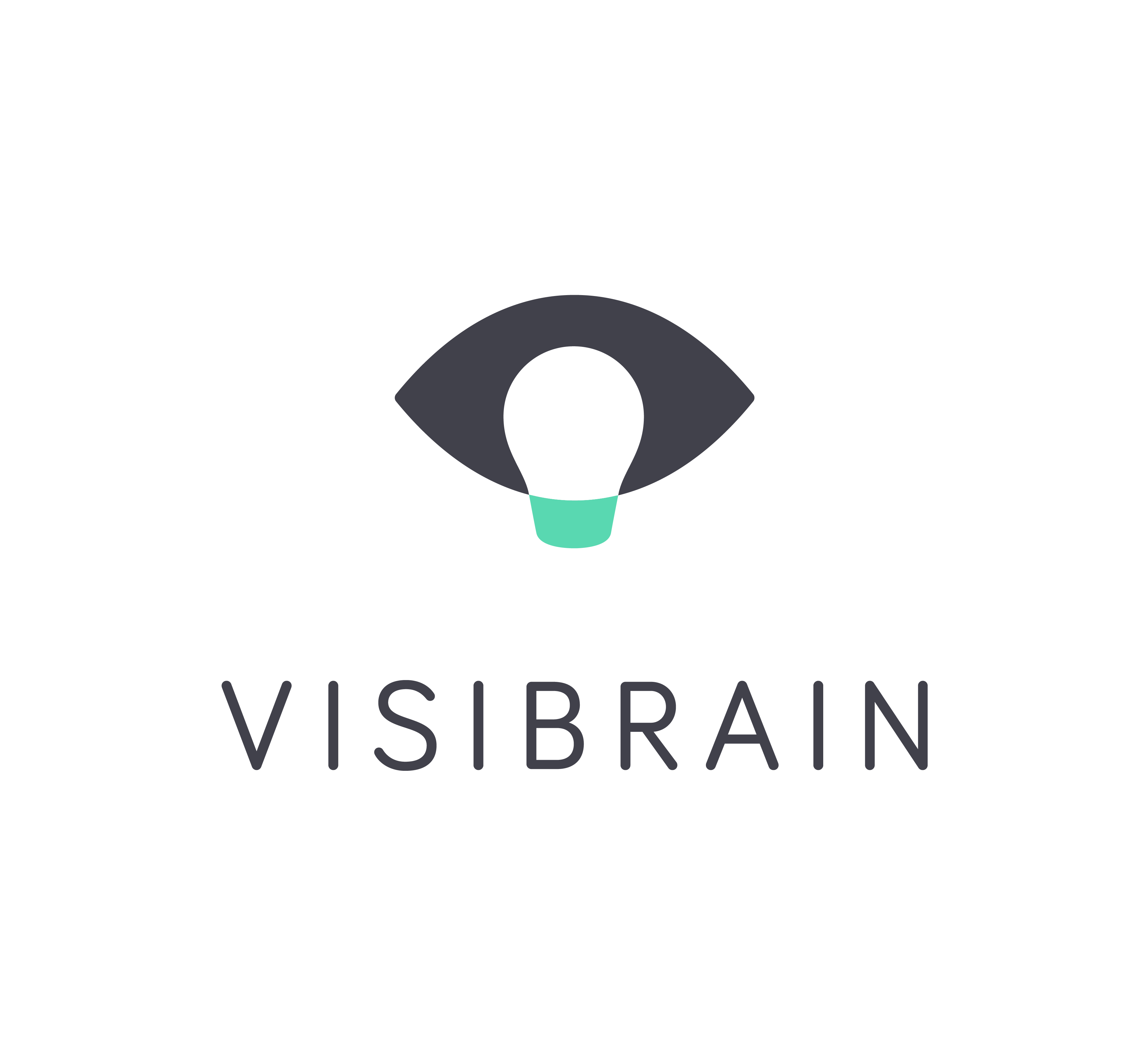Facebook has been, by any measure, a runaway success story. Yet, because of its original nature [exclusively for college students], I never really peeled back the layers of the onion and figured it was something "not meant for me." But as most of you know, Facebook has opened its kimono to everyone and, in the process, has become far more accessible for old (class of '96) fogies like me.
Even so, it wasn't until the last two weeks that I've really begun to understand what Facebook represents. I've never been much of a MySpace guy, so I still had little reason to think Facebook would be beneficial for the way I network, communicate, and collaborate. That is, until I started getting invites from colleagues around the world asking me to become their Facebook friends. I would've chalked up one or two requests as random curiosity on the part of my friends, but dozens? That was worth creating a profile and checking it out.
Within minutes I could already see Facebook would be more useful to me than LinkedIn. You can add a layer of detail to your interpersonal relationships that LinkedIn has failed to embrace.
And then I read Marc Andreessen's blog post analyzing Facebook. Make no mistake, Andreessen has taken to blogging in a way few can rival. In fact, it almost pains me to read his blog now because in a matter of weeks he's mastered a form of expression I still toil at after 18 months actively blogging.
Marc does a fantastic job explaining what Facebook is, why it's far more important than many realize, and why it's only going to get more important.
[Marc's Blog] Analyzing the Facebook Platform three weeks in...
After spending some time building up my Facebook Profile and talking to colleagues about its power as a platform, my mind began racing about how Facebook (and other popular social networking sites like MySpace) is potentially disruptive in a way that many corporate focused "platforms" really aren't. I've spent a fair amount of time dissecting Salesforce.com's AppExchange, and SAP's SDN, and WebEx Connect; yet none of these hold the power that Facebook has, in my view. Despite feeling like I was onto something intuitively, I have been racking my brain to articulate why Facebook is more important than the aforementioned business platform plays.
Thanks to my good buddy Jeff, I no longer need to worry. Jeff hits the nail on the head as he posits the importance of Facebook and why it's different from other "platforms" we hear about so often in the world of enterprise software.
- [Jeff's Blog] Distribution is the new ecosystem play...
...Without question the large vendors look at Myspace and Facebook as mere toys and that reflects as much a misunderstanding of what these things are as it does the cultural disconnect that many enterprise software executives have with the broader market. They will say things like "our customers don't use those services" without considering that while the CIO isn't using them it's an odds on favorite that a good number of people in the organization are.
It's also worth pointing out that enterprise vendors consistently put themselves at the center of the universe like an aging movie star that doesn't realize s/he is told old to play the role (think Sharon Stone in Basic Instinct 2). SAP/Oracle/Microsoft/IBM may be the gorillas in the global enterprise market but selling to 50,000 global customers out of a market of 100 million businesses (that's a guess, I don't know what the actual stat is) is hardly going to drive the growth each is predicting. This dovetails with something else I talk about frequently, selling to users instead of organizations.
The initiatives that each of the MISO vendors have spawned around widgets is a good start, but it's not enough. Prosumer users really require the ability to create rich applications outside of the usual development platform, and to that degree SAP and Oracle in particular should be expanding their API support to include Facebook and Myspace integration...[cont.]
When we talk about things like "Enterprise 2.0", I think the myopic view that focuses on new tools [i.e., wikis, tools, RSS aggregators] completely misses the sea-change we're undertaking. We've all been asking ourselves when (and if?) business-centric analogs would emerge for the massively successful social networking platforms; without realizing that these sites may BE THEIR OWN BUSINESS ANALOGS.
What's going to be the Enterprisey version of Facebook? FACEBOOK.
enterprise2conf enterprise 2.0 platform facebook marcandreessen jeffnolan enterprise irregulars woodrow
link to original post






